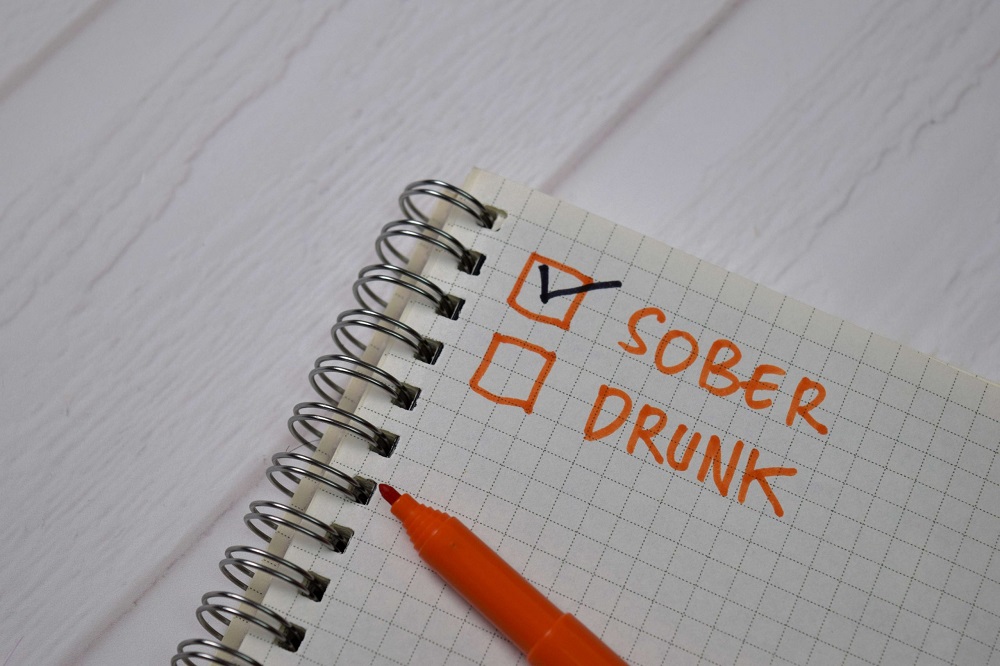When sober and angered you might feel an impulse to punch
someone, but a fear/worry of the possible consequences (get hurt, hurt someone
else, get arrested etc.) keeps you from doing so. Impulsivity and rage with alcohol may also be a result of genetics. Some people have a genetic variation of the serotonin 2B receptor gene HTR2B. Researchers found that participants who were less inclined to think about the future were more inclined to deliver shocks longer and harder, but especially if they were drunk. Alcohol had minimal impact on aggression for those who thought about future consequences. In the study, nearly 500 participants completed a questionnaire about their inclination to consider future outcomes.
Those expectations can also arise from what we’ve learned about alcohol from family members and peers. If you had a parent who was frequently enraged while drunk, you may expect that response in yourself when drinking and therefore exhibit it. Overall, exhibiting one or a combination of the above factors can increase your chances of becoming angry when intoxicated.
Trait Anger and Alcohol Aggression
Therefore, seeking a solution for alcohol-related aggression is essential for your future health and safety. Unfortunately, feeling aggressive from alcohol can stem from more than one variable that’s beyond your control. Aside from existing anger issues, people can turn into aggressors when drinking for several reasons.
Another study found that people who focus on the present moment tend to be angrier alcoholics.1 They don’t consider the consequences of their actions, so they’ll act on their anger without regard to what will happen in the future. Instead of being a natural emotion, someone with an alcohol use disorder (AUD) will express anger to avoid dealing with unpleasant or adverse circumstances, including the addiction. Whilst we are on the subject of self-medication we need to talk about illness and its role a drinking trigger.
The Importance of Good Nutrition in Addiction Recovery
Alcohol impairs cognitive function, which means it is more difficult to problem-solve, control anger, and make good decisions when drinking. Decreased cognitive function also means it’s more likely for you to misread a situation and overreact. For example, if you’re intoxicated, you might perceive someone bumping into you by accident as a provocation and respond aggressively. Identifying those factors that might contribute to heightened anger when consuming alcohol is important for individuals who have anger issues and those who treat them. Increasingly, research offers answers to determine this interaction.
When you are drunk, most things will cloud you, and you will not be able to perceive situations correctly. If you or your close ones are struggling with alcohol-related anger, Confidant Health alcohol depression and anger provides an opportunity to overcome this issue. This online platform offers Medication Assisted Treatment (MAT) in which medications and behavioral therapies are used to cope with alcohol use.
